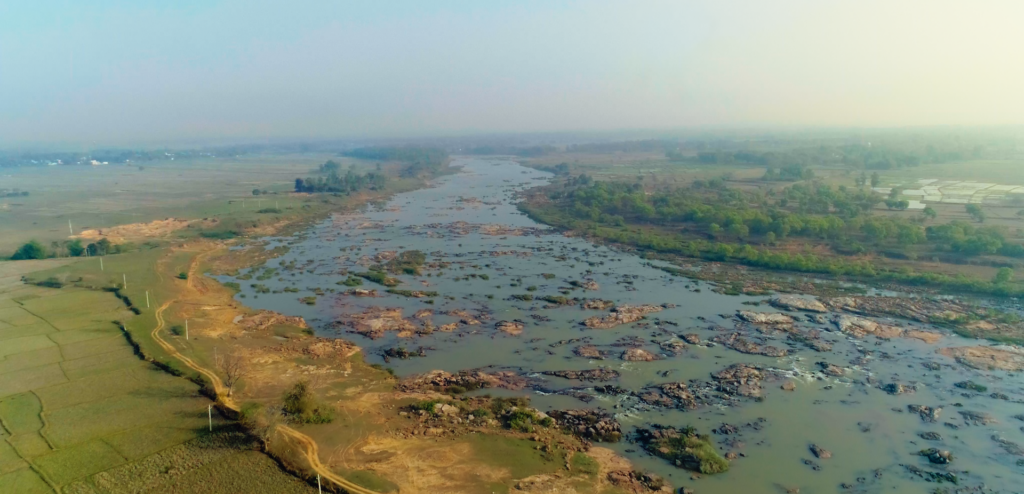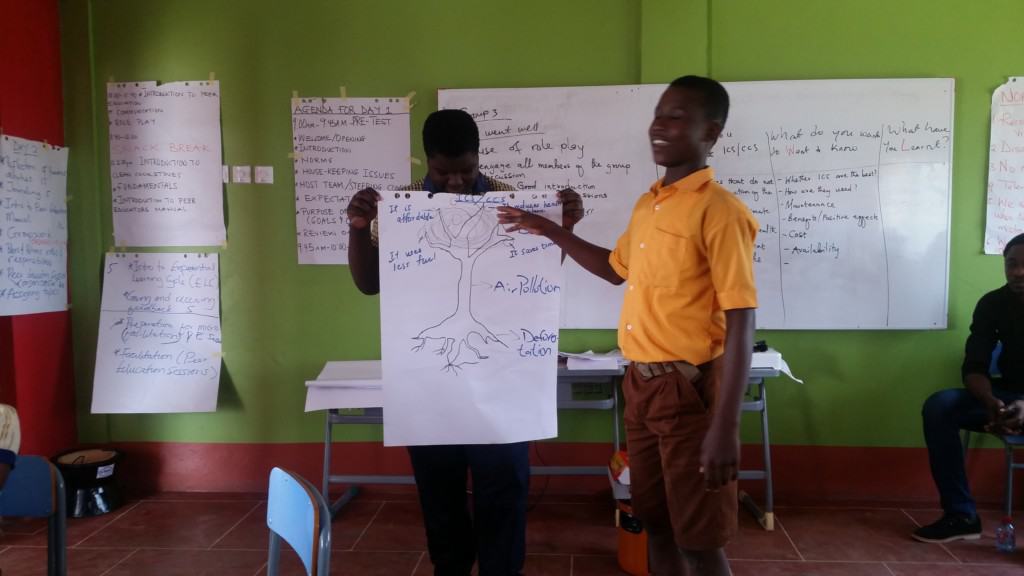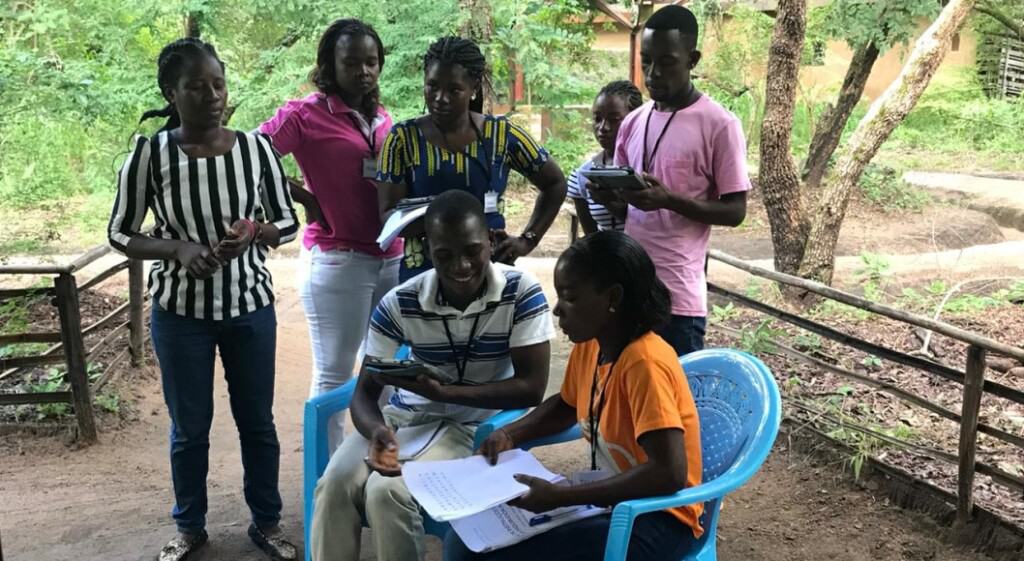Addressing Climate and Environmental Issues Through Education
April 21st, 2023 | Blogs
The effects of climate change and environmental degradation on education are most pronounced in communities that have been systematically excluded from environment-related decision-making; often communities least responsible for the causes. Extreme weather events prevent children from attending school, resulting in learning loss. With dwindling water sources and unpredictable rainfall, the time it takes children to do household chores such as fetching water and tending to crippled crop sources increases and distracts from learning.
Malnutrition stifles cognitive development, resulting in reduced capacity for children to absorb information. Pollutants also harm cognitive development, which has long-term consequences for learning, health, and earning potential. Extreme heat and lack of food detract from teacher and learner focus.
Understanding the climate and environment-related challenges affecting student and teacher attendance and performance is crucial in building climate-resilient education systems and supporting communities to plan for contingencies that minimize climate-related disruptions. At the same time, urgent action is also needed to maximize the potential of education to help address the root causes of the environmental and climate crisis facing our planet. There is no time to lose for ensuring that education systems do a better job in equipping learners with the capacities and behaviors to build a future that is more sustainable, resilient, and equitable.
Our Approach
World Education takes an equity-centered, community-focused approach to working in education systems at all levels. This involves addressing the existential threat to communities around the world that is presented by climate change and its impacts and invoking a commitment to addressing the causes of climate change and environmental degradation.

On the island of Borneo, we preserved 65,000 hectares of tropical peat swamp forest in Central Kalimantan through community engagement and alternative livelihoods.
Climate and environmental action can only be successful if it is led by and benefits local communities. Our participatory community development approaches work to address the root causes of problems through indigenous solutions. Our Participatory Community Diagnostic Tool was used by the Mahinadopa community in Cote d’Ivoire to ensure children, women, religious leaders, youth, and other community members made key educational decisions and led activities to address systemic issues.

In Ghana, we trained peer educators and more than 3,500 community members to use clean energy sources, improving health and environmental outcomes by integrating lean cooking, climate change, and green economy issues into Ghana’s national basic education curriculum.
A World Education study found illiteracy and innumeracy are significant barriers to successful community-based conservation efforts. Through functional literacy programs, where learners gain literacy skills and a practical skill set, we increase conservation knowledge and practices. We use nature-based solutions through conservation efforts to support farmers and communities to engage in climate-friendly agriculture, agroforestry, and reforestation efforts. Our expertise in pedagogy means that our learning routines can be applied to science and environmental studies, and can integrate environmental awareness into other subjects.

In countries as diverse as India, Ghana, Côte d’Ivoire, Indonesia, Philippines, Timor L’Este, Nepal and Cambodia, over several decades we have supported farmers and agricultural workers to adopt environmentally friendly, high-yield agricultural practices.
UNESCO’s International Commission on the Futures of Education has stressed the need for “fully realizing the transformational potential of education as a route for sustainable collective futures”. Around the world, World Education programming emphasizes relevant, inclusive, and action-oriented pedagogies that build young people’s ‘green life skills and transformative competencies’, such as the ability to collaborate, empathize, problem solve, organize, and connect to one another. We accomplish this through working with governments and local partners on curriculum, teacher development, whole-school planning and community engagement in formal and non formal education.

In Mozambique, we developed life skills curriculum integrating education, health, livelihoods, and conservation for adolescent girls in the Gorongosa Buffer Zone. Girls’ clubs members organized a range of enriched learning activities, campaigns and community actions, and provided peer education in climate and environment.
From leadership training and peer-learning for girls in Eswatini to project-based learning, youth-led community outreach and action research in Cambodia, across our programs, World Education strives to model transformative education at its best. We are creating a generation of change makers by investing in young people’s strengths and assisting them to develop skills to act on their own behalf. Building the capacity of local youth-led and youth-focused organizations and government counterparts, our programs provide youth with safe spaces, supportive role models with high expectations, and the development of the soft and socio-emotional skills that will be vital for dealing with the climate and environment crisis in the years ahead.
World Education fosters enduring partnerships across regions and sectors to advance education outcomes for all. We offer education systems strengthening, program design and implementation, applied research and evaluation, capacity development, and policy development services.